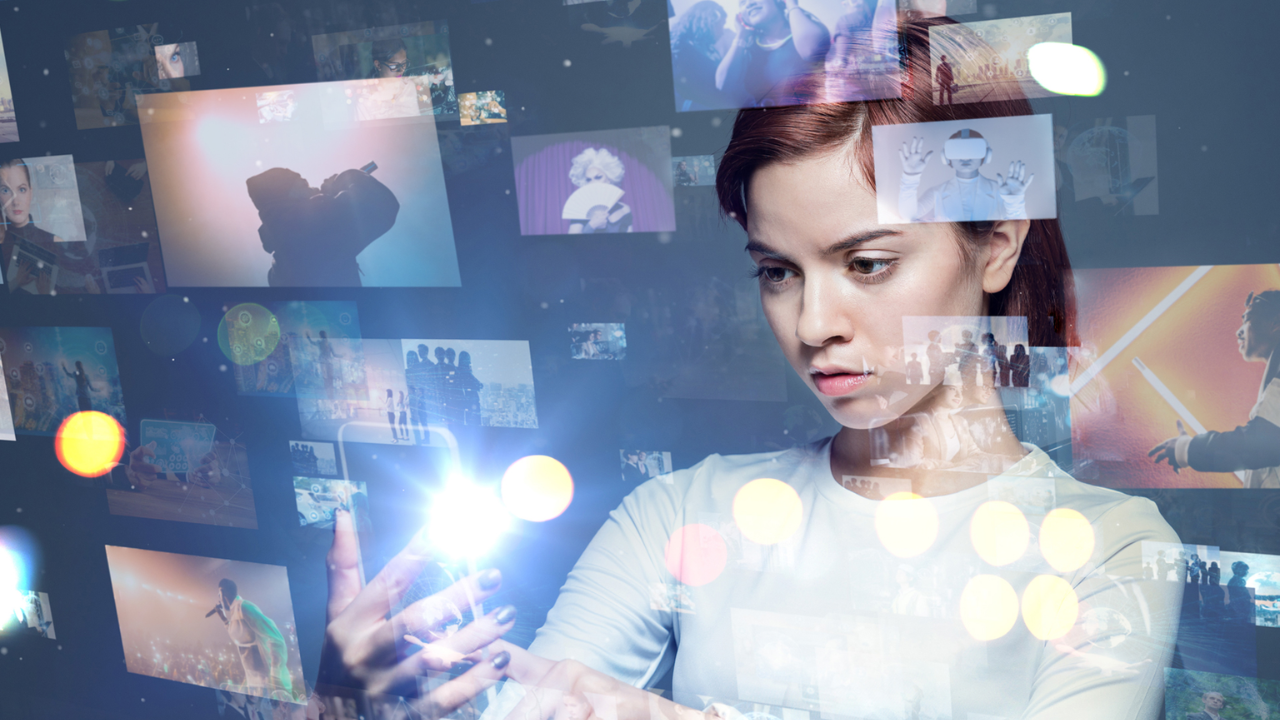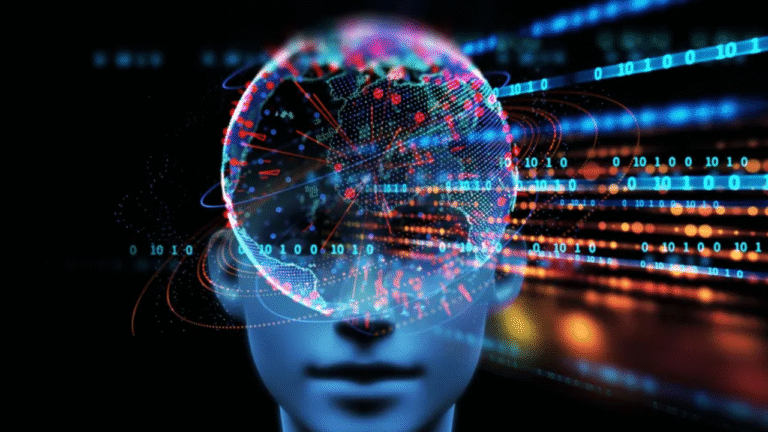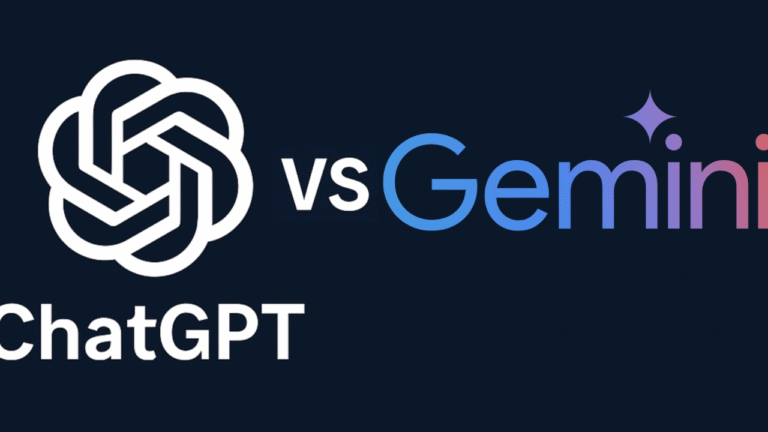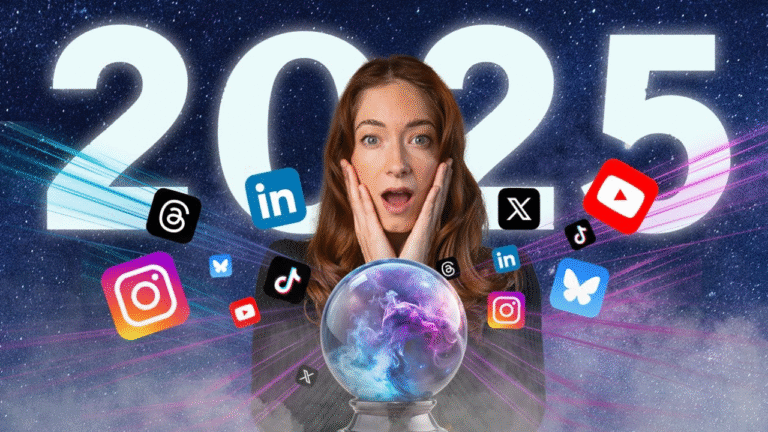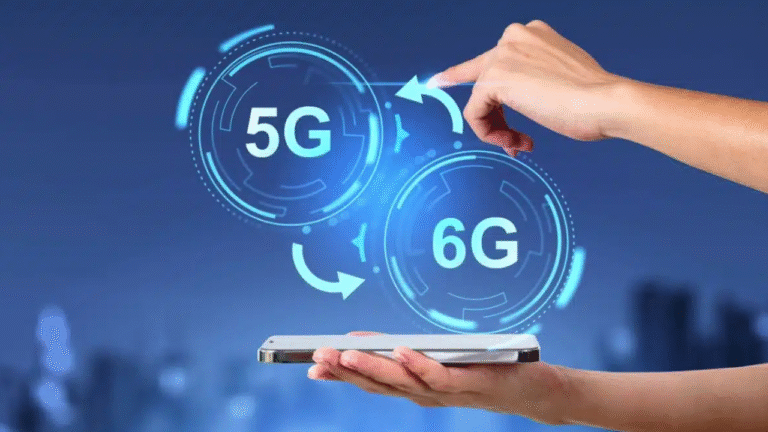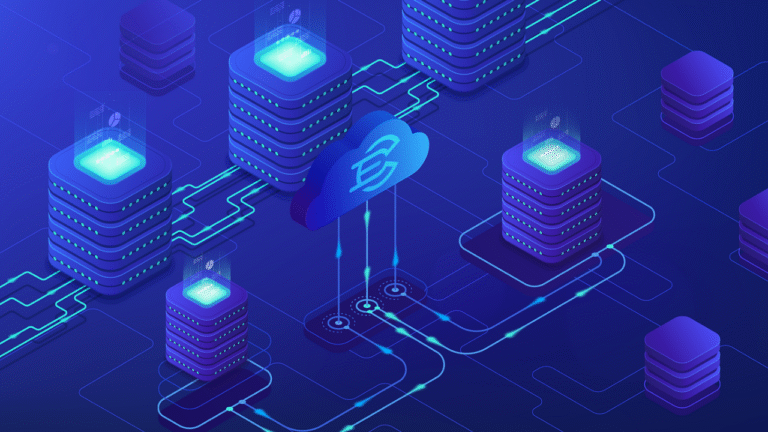Is AI the Future of Entertainment? Here’s What Experts Say
In 2025, the entertainment industry is experiencing one of its most revolutionary shifts — and it’s powered by Artificial Intelligence (AI). From screenwriting and music creation to casting virtual actors and tailoring personalized content, AI is no longer just a supporting tool — it’s becoming the main act. But is AI truly the future of entertainment, or is it just another tech trend riding a hype wave?
In this comprehensive article, we explore what AI is doing in entertainment right now, where it’s headed, and what top experts across the industry have to say.
The Role of AI in Entertainment Today
AI is already deeply integrated into how we consume, create, and deliver entertainment. Let’s break down a few key areas:
AI in Film and Television
AI is being used for:
- Script generation and storyboarding (e.g., tools like Scripta and ChatGPT)
- Editing automation for trailers and reels
- De-aging and deepfake tech for actors
- Virtual background and scene generation using tools like NVIDIA’s Omniverse or RunwayML
Studios are already testing AI co-writers to help with early script drafts. Netflix, Disney, and Amazon have all confirmed experimenting with AI tools to cut production costs and boost content output.
AI in Gaming
Gaming is perhaps the most AI-driven entertainment sector:
- NPCs (non-playable characters) now respond dynamically with voice AI.
- Personalized quests and plotlines are created in real-time.
- AI is being used to test games faster through automated QA bots.
- Procedural generation (as seen in games like No Man’s Sky) is becoming hyper-realistic with machine learning models.
AI in Music
Platforms like Aiva, Soundraw, and Amper Music let artists generate entire compositions using simple prompts. Artists like Grimes and David Guetta have already released AI-assisted music.
In fact, the viral trend of AI-generated “fake” songs by real artists (e.g., fake Drake/The Weeknd tracks) raised copyright alarms but also showed the tech’s creative power.
AI in Content Recommendation
Netflix, YouTube, Spotify, and TikTok all use machine learning algorithms to suggest content based on:
- Your past behavior
- Watch/listen time
- Likes and shares
- Content sentiment
This recommendation loop is now so advanced it’s shaping viewer taste in real time.
What Experts Say About AI’s Role in Entertainment
Let’s hear what top experts, creators, and insiders have to say:
1. Kevin Feige (President, Marvel Studios)
“AI will be a useful tool for pre-visualization and concept testing, but human creativity will always remain the heart of storytelling.”
Feige believes AI may accelerate production timelines but warns that over-dependence on AI-generated narratives risks losing emotional depth.
2. Dr. Kate Crawford (AI Researcher, Microsoft & Author of Atlas of AI)
“AI doesn’t create culture — it reflects it. True innovation in entertainment still comes from human experience.”
Her stance is that while AI can imitate styles and formats, the soul of creativity remains uniquely human.
3. David Guetta (DJ & Producer)
“AI is the future of music. You can’t stop it. You have to work with it creatively, not fight it.”
Guetta used AI to clone Eminem’s voice for a live set, calling it “the next phase of music evolution.”
4. Sam Altman (CEO, OpenAI)
“AI will augment human creativity, not replace it. Some of the best future films and shows will be AI-human collaborations.”
OpenAI’s models like ChatGPT and Sora (video generation) are already helping content creators across YouTube and TikTok to ideate and produce faster than ever.
Key Benefits of AI in Entertainment
Let’s explore the advantages:
1. Faster Production
AI cuts down writing, editing, casting, and post-production times by 30–50% in some cases.
2. Lower Costs
Indie creators can now compete with studios thanks to affordable AI video, music, and graphics tools.
3. Personalized Viewer Experience
Streaming platforms are using AI to customize trailers, thumbnails, and content based on viewer profiles.
4. Creative Collaboration
Writers and musicians are using AI like a co-pilot — to brainstorm, improvise, and iterate faster.
Potential Risks and Concerns
But with great power comes real concerns:
1. Job Displacement
Writers, editors, and voice actors have raised alarms. Strikes like the 2023 Hollywood WGA strike partly involved AI protections.
2. Loss of Authenticity
Can an AI truly replicate emotion, nuance, or lived experience?
3. Ethical Copyright Issues
Who owns the rights to AI-generated content? This is still being debated in legal systems globally.
4. Deepfakes and Misinformation
AI-generated faces, voices, and clips could blur reality, creating issues in journalism and documentary filmmaking.
Is AI the Future — or Just a Phase?
Most experts agree: AI is not going away. The question is not whether AI will change entertainment, but how fast and how far.
AI will evolve as a tool, not a replacement.
- Just like the camera didn’t kill painting,
- Just like Photoshop didn’t end real photography,
- AI will push creativity into new dimensions — with human input still essential.
Predictions for the Next 5 Years
Here’s what we can expect by 2030:
- Fully AI-written shows with human editors airing on streaming platforms
- Virtual influencers hosting live events in the metaverse
- Music created entirely by fans using an artist’s AI voice
- “Choose your own adventure” style Netflix shows written in real time by AI
- Mass-market AI content tools for indie filmmakers and musicians
Final Thoughts: Embrace or Reject?
AI is already transforming entertainment in exciting, controversial, and unpredictable ways. Whether you’re a creator, consumer, or entrepreneur, understanding AI’s impact is essential for navigating the future.
You don’t have to replace your creativity with AI — but you do need to learn how to work alongside it.
